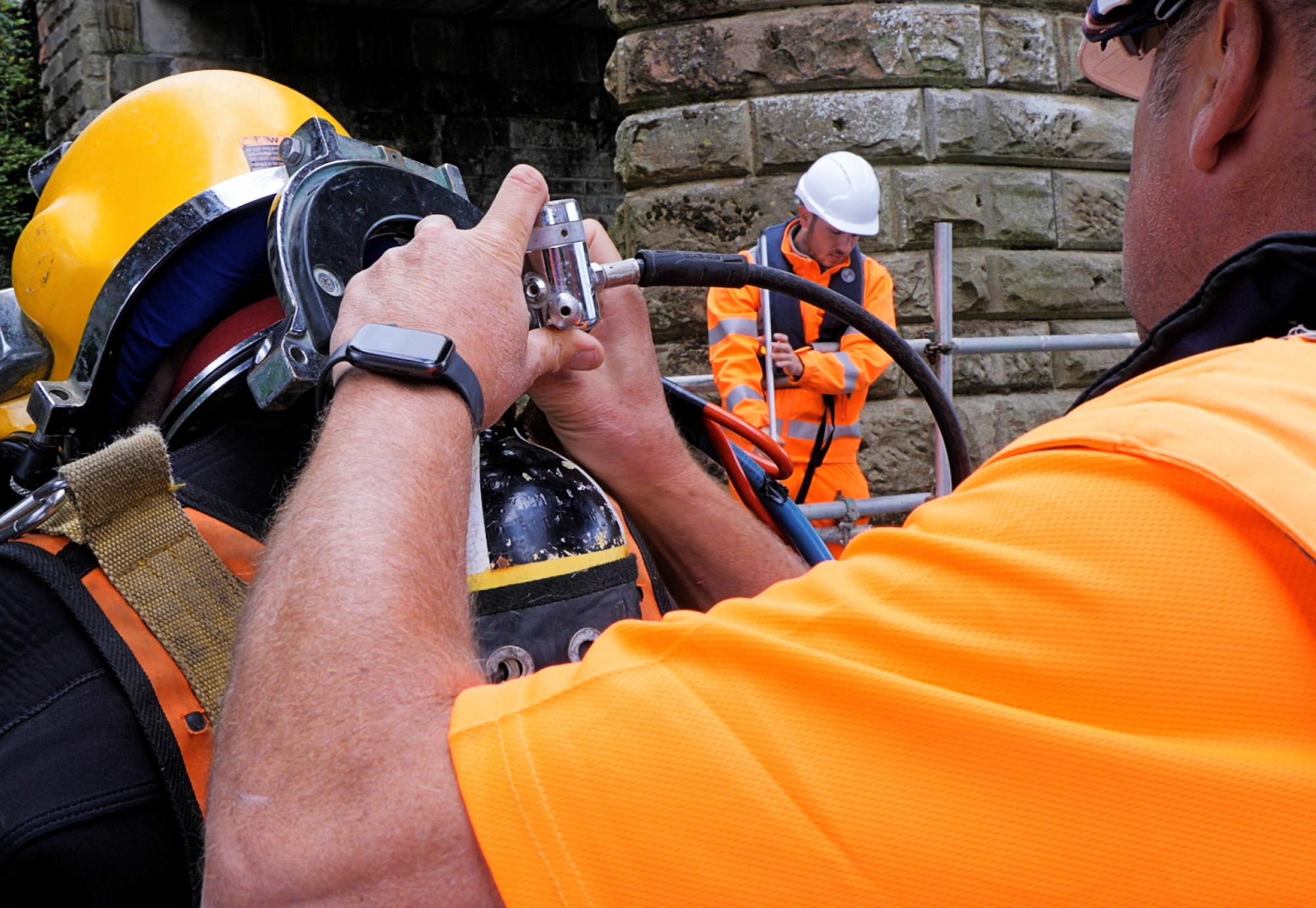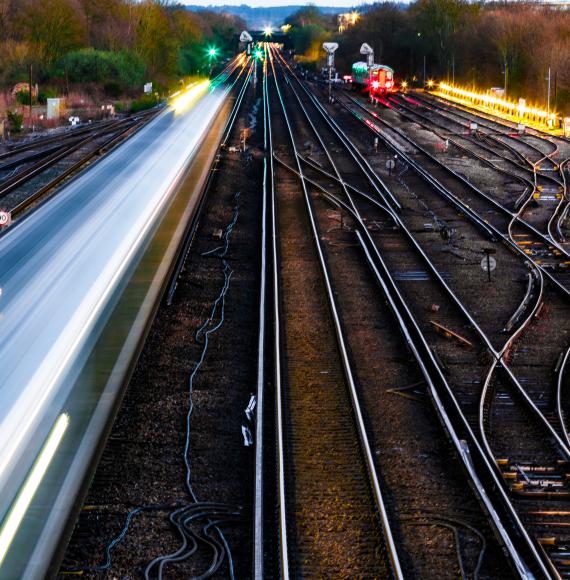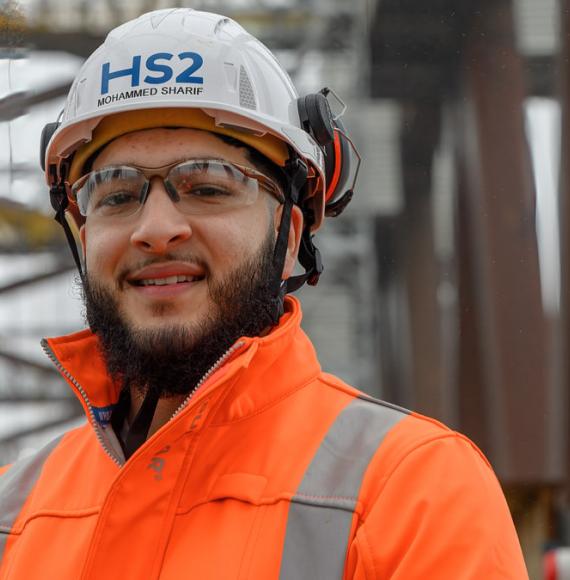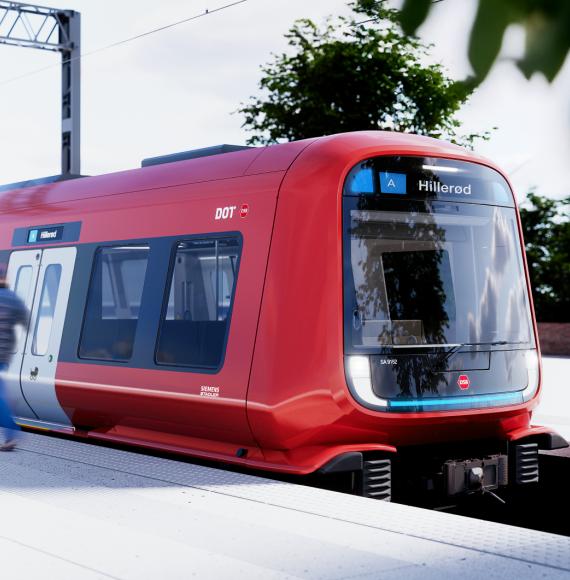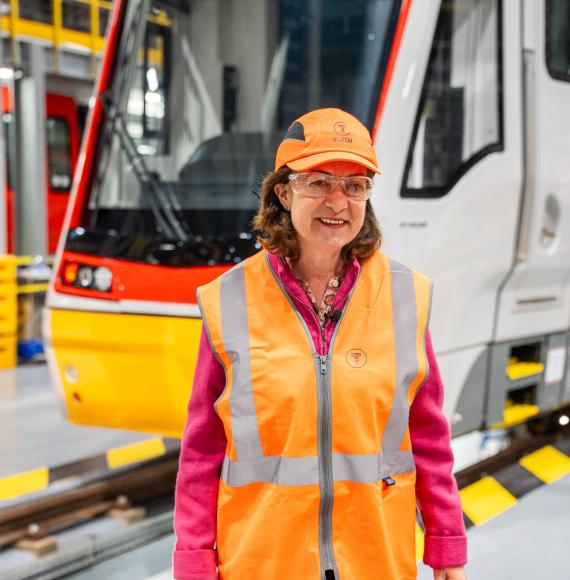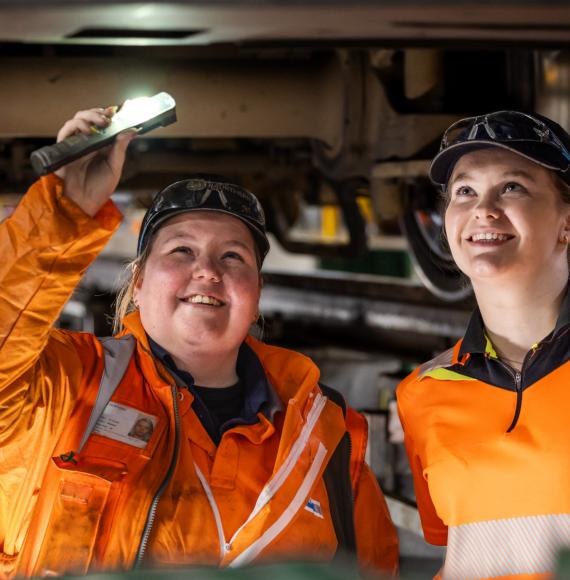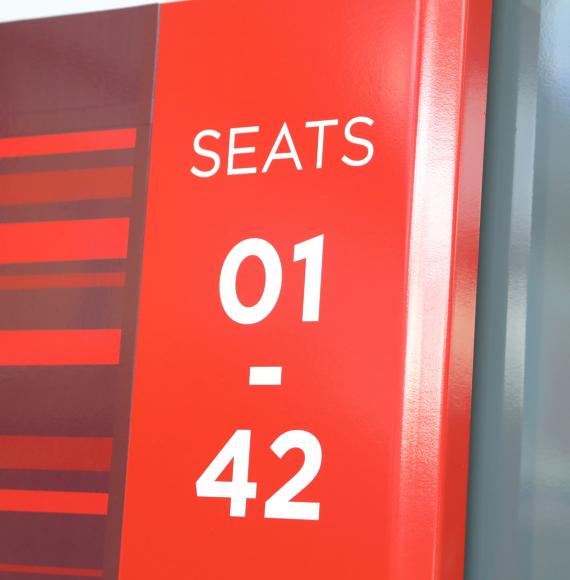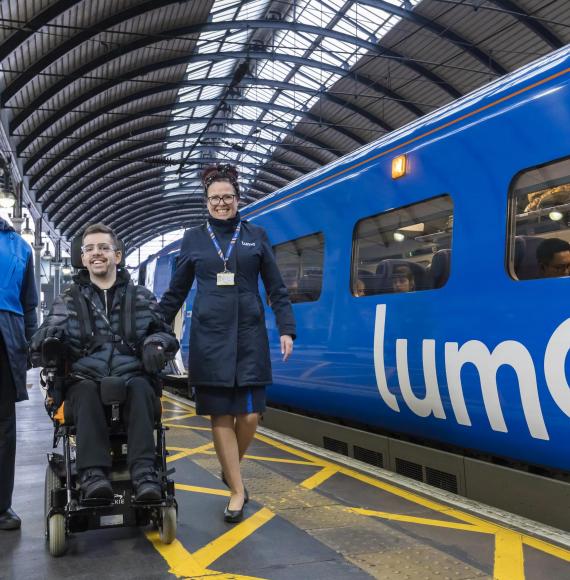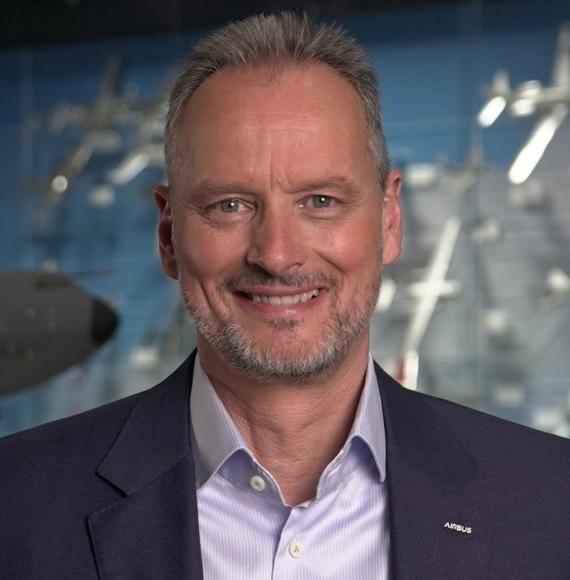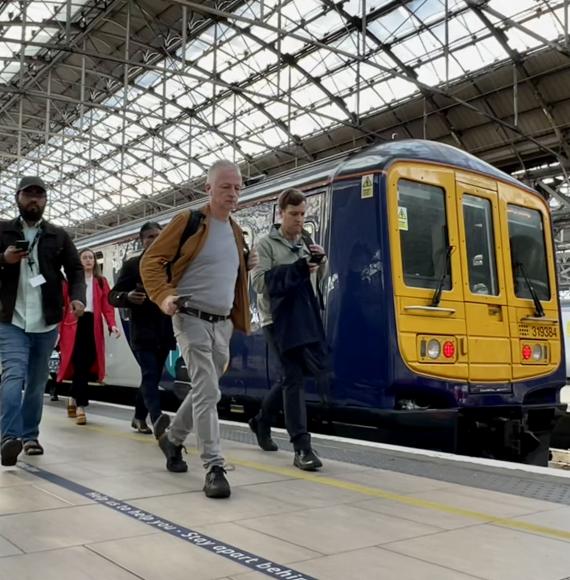Underwater concrete to protect two major railway viaducts was poured by Network Rail specialist divers on Friday (27th August).
The viaducts carry the West Coast main line in Carlisle, and the immediate repairs made to the structures form part of a £1.3m Great North Rail Project investment.
The professional divers who were on site are used to working in extremely challenging environments, shoring up underwater structures like bridges and viaducts, around the UK and beyond.
Fast flowing water on the River Eden was identified via detailed laser surveys, triggering parts of the riverbed to wash away, consequently posing a risk to the Victorian and 1940s built structures.
As a result of corrosion to the riverbed, trains have been running at reduced speeds of 20mph.
Work involved pouring around 900 tonnes of special setting concrete made from a mix with ‘zero leach’ - which is wildlife friendly and safe for the environment - to guarantee a stable platform for the viaducts’ columns or piers.
Additionally, water visibility in the River Eden is especially poor and a lot of the work had to be done by hand, with over 2,200 tonnes of rock positioned in the river to calm and redirect the flow, allowing divers to work below the surface.
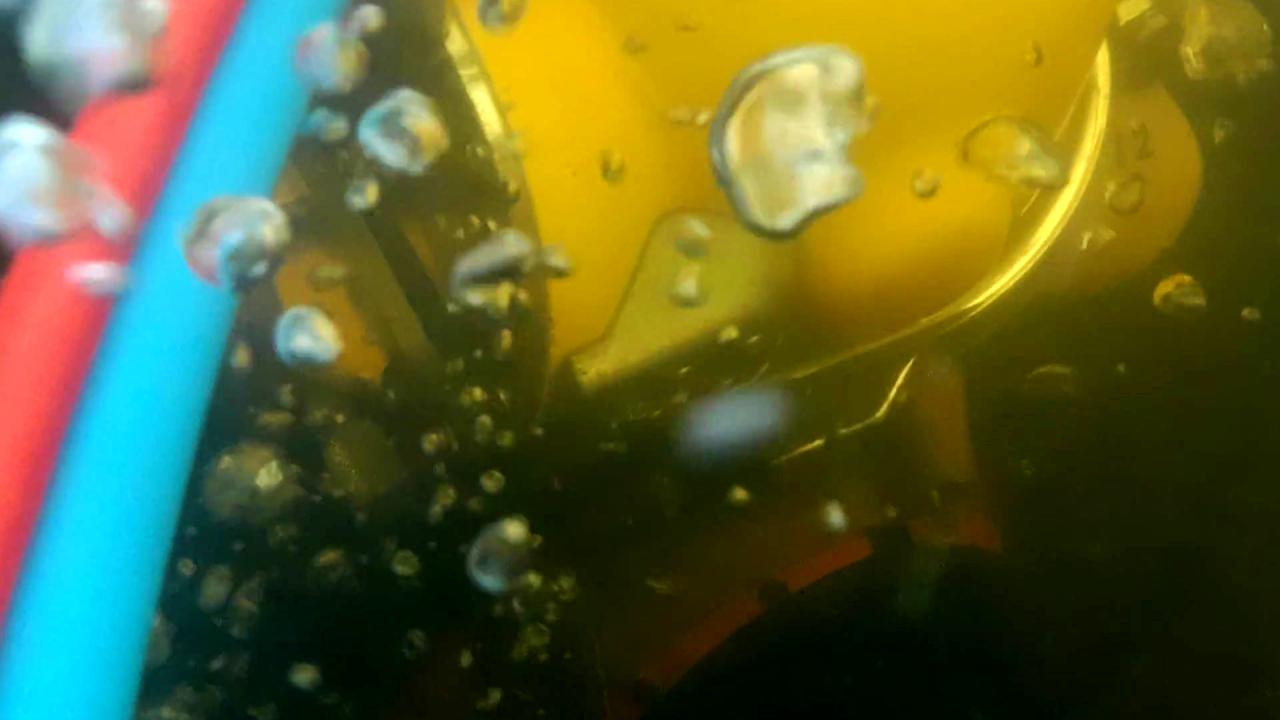
Chris Pye, Network Rail Infrastructure Director for the North West, said “it’s not every day you call in diving teams to help improve railway lines, but this work is essential to keep passenger and freight trains moving on the West Coast main line over the River Eden in Carlisle.”
He added, “after using the latest laser mapping technology to give detailed scans of the riverbed we brought this work forward so we could secure this crucial rail link between England and Scotland for the winter ready for the second phase of work next summer.”
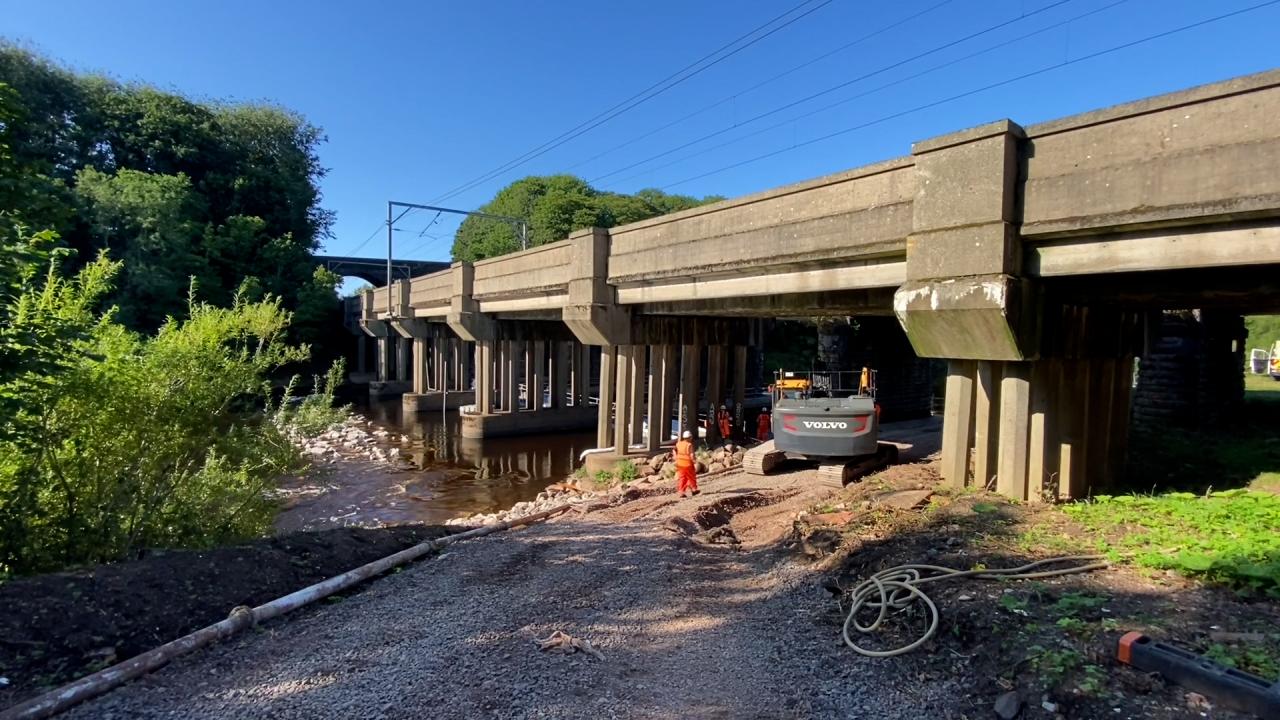
Network Rail’s ecology teams have been working closely alongside the Environment Agency and Natural England to supervise the river and ensure the work has minimal impact.
Trains are set to run at full speed - 100mph - in the next few weeks once the first phase of the works is complete, enabling faster and more consistent journeys for passengers and freight.
The second phase of the works will take place in Summer 2022 as a permanent fix to the riverbed deterioration.

